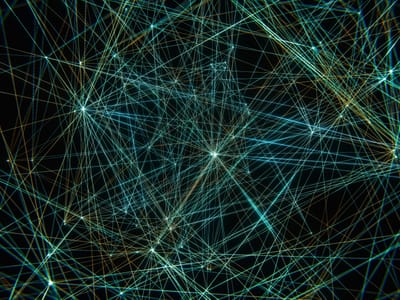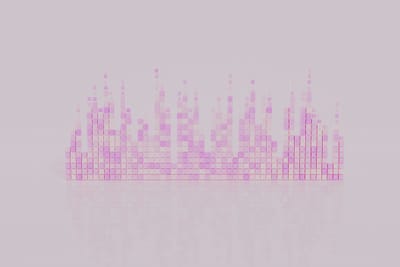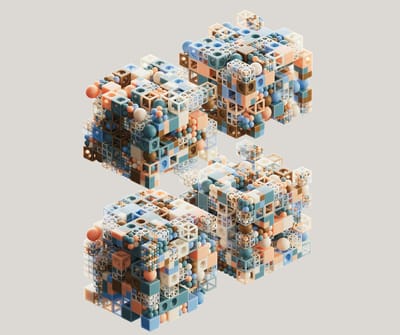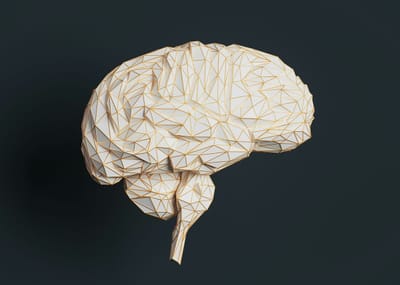
Reclaiming Our Focus in a World Designed to Distract
Have you ever had that feeling where you sit down to work, or read, or just think, and suddenly you’re scrolling through your phone, three hours gone in the blink of an eye? It’s like my brain has become a runaway train, constantly jumping tracks. And you know what? I’m starting to think it’s not entirely my fault.
We live in a world designed to distract us. Every notification, every endless scroll, every autoplaying video is a tiny tug at our attention, pulling us further and further away from the things that truly matter. And it’s not just me saying this; studies are showing that our attention spans are actually shrinking.
Now, I used to blame the internet entirely. “It’s these darn smartphones!” I’d mutter, shaking my fist at the sky. But the truth is, this problem has been brewing for much longer than the internet has been around. It has gotten much worse lately, though.
From Stage to Screen: How Our Entertainment Reflects Our Shrinking Attention Spans
Let’s take a little trip back in time. In the past, people used to get their entertainment from live theatrical plays. Imagine dressing up, going to a theater, and sitting in rapt attention for hours, following a complex narrative unfold. These performances often explored profound themes about the human condition, demanding both intellectual and emotional engagement from the audience.
Now, think about what passes for popular entertainment today: reality television. Shows filled with manufactured drama, predictable conflicts, and easily digestible narratives. It’s a far cry from the immersive experience of a live play, isn’t it?
This shift isn’t limited to entertainment, either. The news, politics, and even our personal interactions. However, it is a good comparison. We see it in the rise of clickbait headlines, the decline of in-depth journalism, and the way we communicate in short, often superficial bursts on social media.
This isn’t to say that all modern entertainment is bad. There are still incredible shows and movies that challenge us to think deeply. But the overwhelming trend is undeniable: we’re increasingly drawn to forms of entertainment that require minimal effort and provide instant gratification.
The Internet: A Slot Machine in Your Pocket
Now, let’s be honest, TV is almost quaint compared to the internet. We’ve gone from a flickering screen in the living room to a supercomputer in our pockets, constantly vying for our attention. It is like a slot machine.
Ever notice how every website and app feels like it’s designed to keep you glued to the screen? Nicholas Carr, in his book “The Shallows,” calls it “chaotic,” and he’s right. Endless rows of recommended videos, constant notifications, search bars that promise instant gratification — it’s a carefully crafted system designed to exploit our brain’s desire for novelty.
I’ve tried TikTok a couple of times, and honestly, it made my head spin. It’s like a firehose of fleeting content, designed to keep you endlessly scrolling.
And the most insidious part? These platforms don’t care what you’re looking at, as long as you’re looking at something. They just want you on their platform, racking up those engagement metrics.
Your Brain on the Internet: It’s Not Pretty, But There’s Hope
Here’s the uncomfortable truth: all this digital stimulation is changing our brains. They’re plastic, which means they adapt to our experiences. And when our primary experience is flitting from one distraction to the next, our ability to focus takes a serious hit.
I’ve felt it myself. That creeping sense of restlessness, the inability to concentrate on a single task for more than a few minutes. It’s frustrating, and frankly, a little scary.
But here’s the good news: that same plasticity means we can rewire our brains for the better. We can reclaim our focus.
Taking Back Control: Small Steps to a More Focused Life
It won’t be easy. We’re fighting against a system designed to keep us hooked. But I believe it’s a fight worth having. Here are a few things I’m trying, and maybe they’ll help you too:
- Phone-Free Zones: I’m trying to create spaces and times where my phone is simply off-limits. Mealtimes, for example. Or the first hour after I wake up. It is hard, but these are good first steps.
- Embracing the “Slow Web”: I’m making a conscious effort to engage with content that demands my attention. Books, obviously. But also longer-form articles, documentaries, and films that require you to actually pay attention. Basically, things that are not produced with the intention that you are also going to be looking at your phone.
- Boredom is My New Friend: This one is tough, but I’m learning to be okay with not being constantly entertained. Taking walks without my phone, letting my mind wander, just being — it’s surprisingly restorative.
The Takeaway. A Call to Action.
Look, I’m not saying we should all go live in caves and shun technology. But we need to be more mindful of how we’re using it. We need to recognize that our attention is a precious resource, and it’s being actively mined by forces that don’t always have our best interests at heart.
We can choose to engage with the world in a more deliberate, focused way. We can choose to cultivate our minds, rather than letting them be fragmented by a constant stream of digital distractions.
It’s a choice. And it’s one I hope we’ll all make before it’s too late. What about you? Are you feeling the pull of the digital tide? What are you doing to stay afloat?
Become a subscriber receive the latest updates in your inbox.






Member discussion